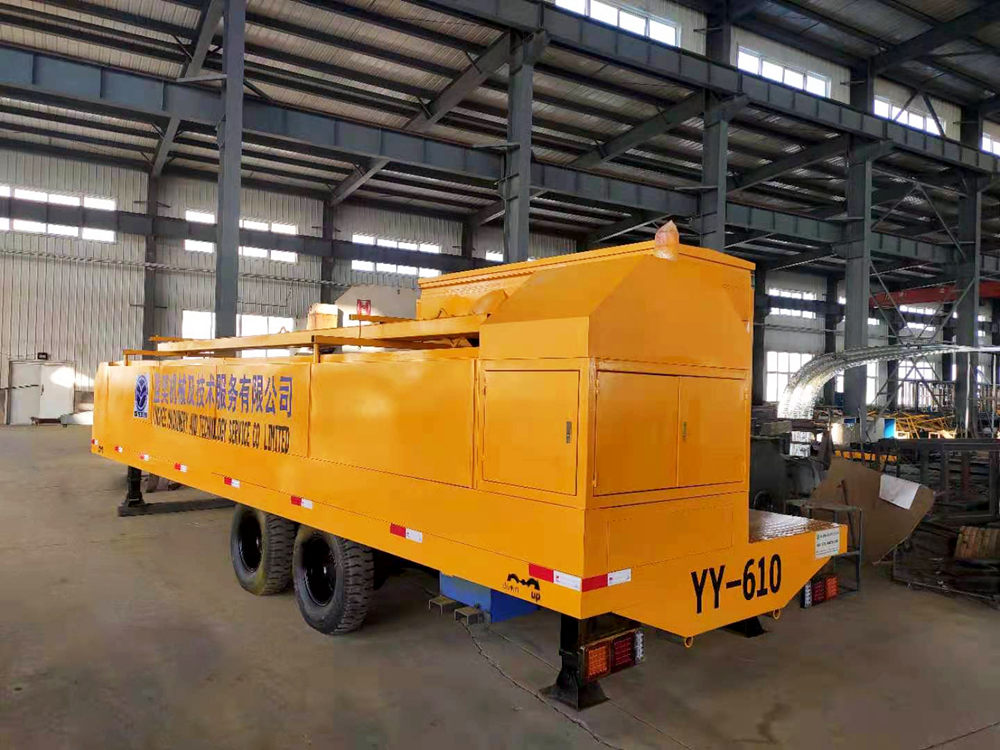
Understanding Rebar Threading Machines A Key to Efficient Construction
In the realm of construction and structural engineering, the efficiency and quality of materials play a crucial role in ensuring the durability and stability of structures. Among these materials, rebar (reinforcing bar) is paramount, as it provides tensile strength and supports concrete structures. To make the most of rebar, threading machines have emerged as essential tools for fabricating rebar connections that enhance performance and reliability.
What is a Rebar Threading Machine?
A rebar threading machine is a specialized piece of equipment designed to create threads on the ends of rebar bars. This process transforms standard rebar into threaded bar, which can then be connected using couplers or other fastening mechanisms. This capability significantly enhances the versatility and efficiency of structural fabrications by enabling easy and secure connections between rebar segments.
The Importance of Threading Rebar
Threading rebar offers several advantages over traditional lap splicing methods, where two pieces of rebar are overlapped and tied together. One major benefit of threaded rebar connections is enhanced tensile strength. The threads create a more secure bond and enable full utilization of the strength of the rebar. Additionally, the use of couplers instead of lap splices results in less congestion in the concrete, allowing for better concrete flow and potentially reducing the overall amount of rebar needed.
Moreover, threaded connections can significantly reduce the time required for rebar installation. Traditional methods may require extensive tying and adjustments, while threaded systems are quicker to install, particularly in complex structures with numerous rebar connections. This efficiency can lead to reduced labor costs and overall savings for construction projects.
Types of Rebar Threading Machines

There are several types of rebar threading machines available in the market, each designed to accommodate different rebar sizes and threading requirements. Some of the common types include
1. Manual Rebar Threading Machines Ideal for small projects, these machines rely on manual operation, offering cost-effective solutions for threading small quantities of rebar.
2. Semi-Automatic Rebar Threading Machines A step up from manual machines, these machines offer improved efficiency and speed, with some automated functions that aid in threading larger volumes of rebar.
3. Fully Automatic Rebar Threading Machines Designed for high-volume production, these machines can thread rebar of various sizes automatically, providing maximum efficiency for large construction projects. They often come equipped with advanced features like digital controls and automated cutting.
Choosing the Right Machine
When selecting a rebar threading machine, several factors should be taken into account, including the expected volume of work, types of rebar used, and specific project requirements. Construction companies must assess their operational needs, budget constraints, and the machine’s compatibility with their existing tools to ensure that they invest in a device that maximizes productivity.
Conclusion
In conclusion, rebar threading machines play an essential role in modern construction practices, offering significant benefits in terms of efficiency, strength, and cost-effectiveness. Whether through manual, semi-automatic, or fully automatic machines, the ability to create threaded rebar connections is transforming how structures are built. As the construction industry continues to evolve, embracing these technological advancements will be crucial for companies looking to maintain competitiveness and innovation in their projects. Investing in reliable rebar threading equipment is not just a choice; it's a strategic move towards a more efficient and sustainable construction future.